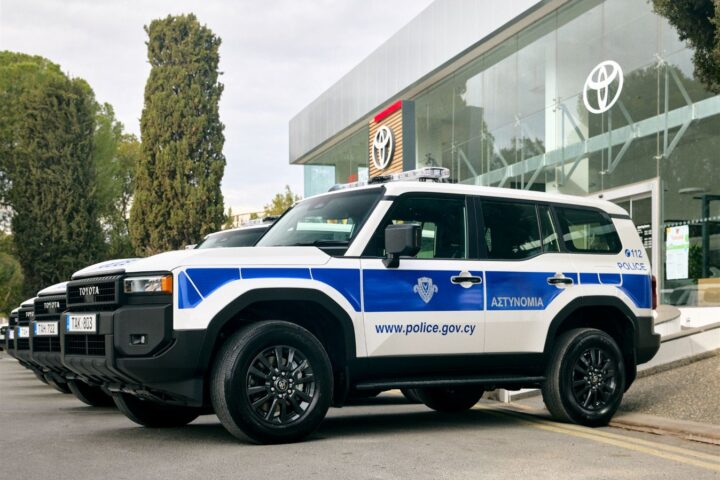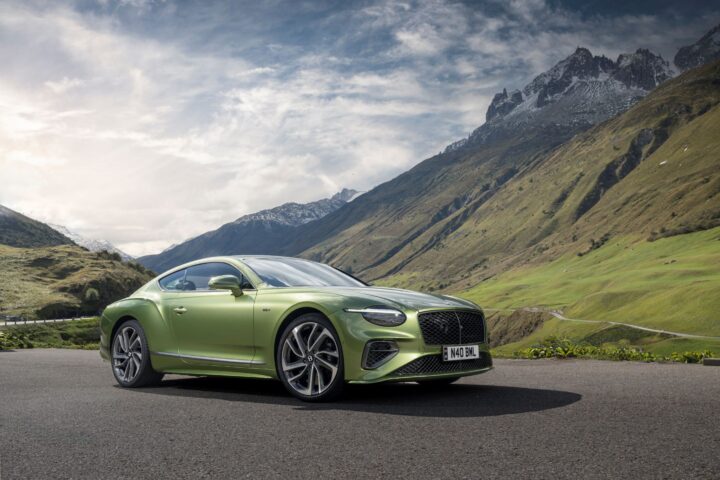.jpg) Sixth European Week for Waste Reduction
Sixth European Week for Waste Reduction
The sixth annual European Week for Waste Reduction (EWWR) runs from 22-30 November. With a special focus on food waste, the initiative will facilitate over 9 000 actions by public authorities, private entities, schools, and citizens looking for a greener and smarter way of life.
EU Commissioner for Environment and Fisheries Karmenu Vella has expressed his support for the initiative, co-financed by the EU's Life programme. This year's focus is on how to stop wasting food. In the words of the campaign, when it comes to leftovers, let's fill bellies, not bins! Check out the www.ewwr.eu website to find out what you, your family and friends can do to help move towards a circular economy – an economy where products are already designed for reuse, repair, remanufacturing and recycling rather than being incinerated or buried in landfill, and where waste becomes a resource.
Food waste is a serious problem, with the average UK household for example wasting close to 25 % of the food it purchases. Wasting food means wasting the natural resources used to produce it, like water, energy, soil; it's an economic waste, in that money is spent for nothing. Less than a quarter of the food currently wasted in Europe and the US would suffice to feed the estimated 805 million people who suffer from chronic hunger across the world.
A number of tools have been developed to raise awareness about the cost of food waste, and what can be done about it. Several factsheets are available in English, with tips on how to avoid food waste, cook with leftovers, and learning to compost scraps. Households and enterprises can also try the food waste calculator, an innovative tool that shows the financial cost of food waste.
Launched in 2009, European Week for Waste Reduction has been hugely successful across Europe, implementing over 25 000 communication actions in 28 countries. Coordinated by the Association of Cities and Regions for Recycling and Sustainable Resource Management (ACR+), the week is part of a broad pan-European effort to reduce waste and improve waste management.
Another pan-European awareness-raising initiative is the European Commission's 'Generation Awake' campaign, which promotes the sustainable use of natural resources, and encourages people to see ‘waste’ as a valuable resource. It offers a range of online tools, including a multilingual website, a Consumption Guide, a Facebook page and videos. The latest video seen over six million times, recently won a Gold Dolphin at the 5th Cannes Corporate Media & TV Awards 2014.
Waste in Europe
In 2010, the total generation of waste from economic activities and households in the EU-28 amounted to 2 506 million tonnes.
Today in the EU, each person consumes 16 tonnes of materials annually, of which 6 tonnes are wasted, with half going to landfill.
On average, each of the 500 million people living in the EU throws away around half a tonne of household rubbish every year. This is on top of huge amounts of waste generated from activities such as manufacturing (360 million tonnes) and construction (900 million tonnes), while water supply and energy production generate another 95 million tonnes. Altogether, the European Union produces up to 3 billion tonnes of waste every year.
Austria, Germany and Belgium recycled the largest proportion of municipal waste in Europe in 2010. Overall 35 % of municipal waste was recycled in Europe in 2010, a significant improvement on 23 % in 2001. But many countries will find it extremely difficult to meet EU-mandated targets.
The amount of collected plastic post-consumer waste reached 25.1 million tonnes, increasing by 2.4% from 2010 levels. Recovery reached almost 60% in 2011 and continues to increase
Αlso around 90 million tonnes of food waste is produced each year in Europe.
Almost half of the world's food is thrown away. Figures from the Institution of Mechanical Engineers show as much as 2 billion tonnes of food never make it on to a plate.
‘E-waste’ – waste electrical and electronic equipment (WEEE) – is one of the fastest growing waste streams in Europe, increasing by 3-5% a year.
Only one-third of WEEE (33%) is separately collected and managed. The rest (13%) goes to landfills or to substandard treatment within or outside the EU (54%).
Giving waste materials a second life
Glass bottles… a new lease of life
 Lucia Bruni specialises in recycling glass bottles in her Barcelona workshop into imaginative and elegant everyday objects that bring pleasure to their users. The idea of giving bottles a new lease of life came to her while doing her masters degree in the Catalan capital after earlier studies in her native Italy.
Lucia Bruni specialises in recycling glass bottles in her Barcelona workshop into imaginative and elegant everyday objects that bring pleasure to their users. The idea of giving bottles a new lease of life came to her while doing her masters degree in the Catalan capital after earlier studies in her native Italy.
She has turned that love into a business, establishing her own company Lucirmás in 2010. Every month, she transforms some 70-80 bottles, provided by friends, restaurants and other sources, into new creations.
Turning cork into fashion
Sandra Correia is the third generation in a Portuguese cork producing company founded by her grandfather. She has always lived and worked in a cork environment, but has brought innovation and design to the traditional profession by using the material to make a growing range of trendy fashion accessories.
The idea came to her just over a decade ago when the company’s core business of producing corks for many of France’s most prestigious champagne houses fell on difficult times because of a slump in the market.
As she explains: “Out of the crisis of 2001 and 2002 came an opportunity. The industry is very masculine and I wanted to do something different. I wanted to use the cork we have in a different way and I wanted to give the material a more feminine feel. My dream was to make cork into a fashion statement.”
The very first item she created was a cork umbrella which she displayed at an international trade fair.
Turning old rags into new
The genesis of the successful Upside Down company that Andreea Zaharescu now runs with fellow co-founder, Roxana Antochi, began in India in 2011. After a six month student internship in marketing, Andreea stayed on in the country working as a volunteer for an NGO. It was there that she came across the concept of upcycling as discarded items such as old car tyres, cans and textiles were given a new and different life.
Inspired by her experience, Andreea decided to do the same in her native Romania. Her chance came when she, Roxana and a third friend, Alexandru Pohont, won a social impact award in 2012. The €4,000 prize enabled them to put their dream into practice and cover the initial cost of purchasing second hand sewing machines, finding premises and paying wages to produce their first items in early 2013.
The concept is simple. Upside Down collects old street banners, tarpaulins, scrap fabrics, tyre tubes and other textile waste. It turns these into sleeves for lap tops, bags, book covers, wallets and other brightly coloured attractive accessories.
For more info www.ewwr.eu







